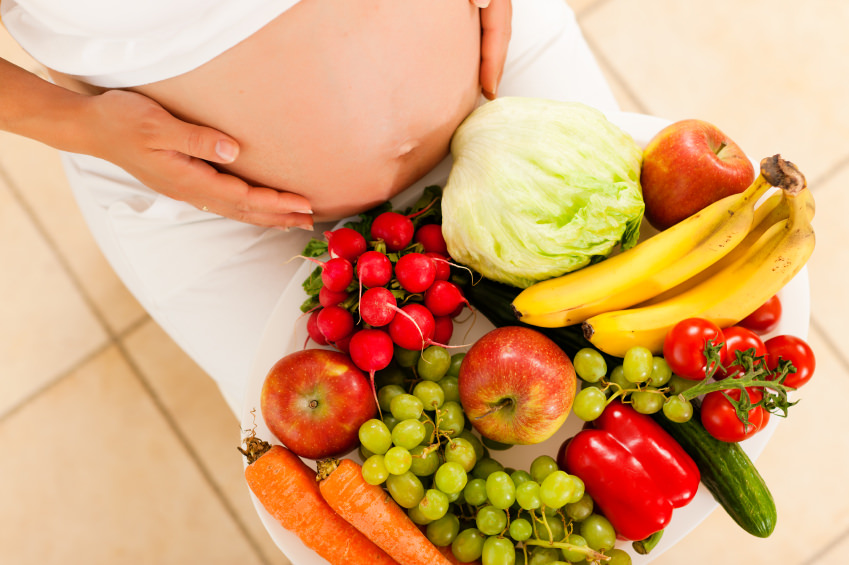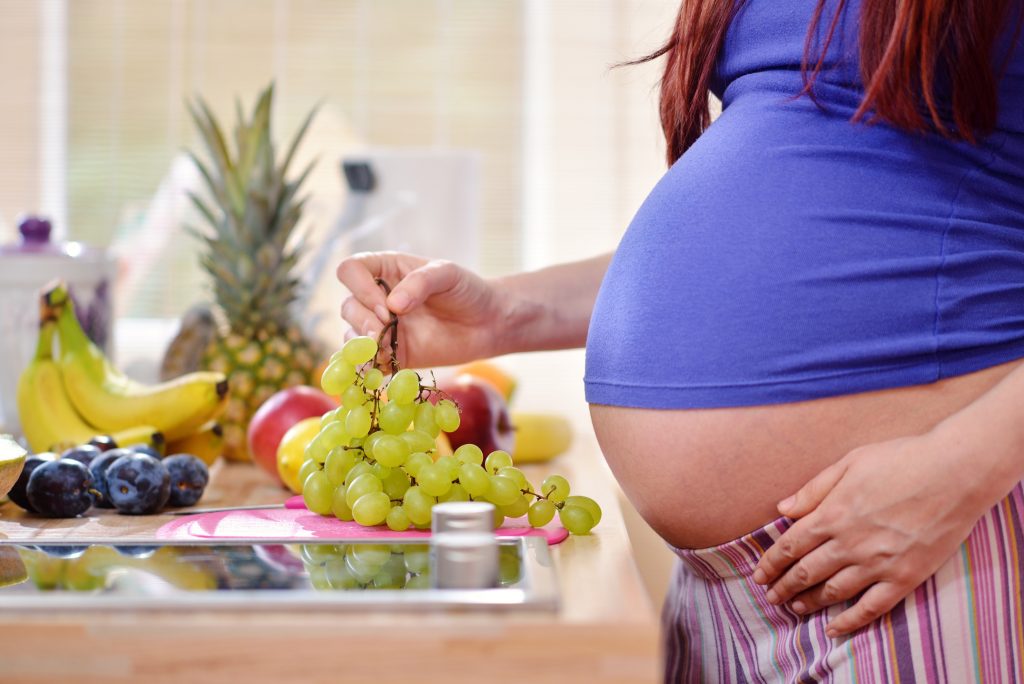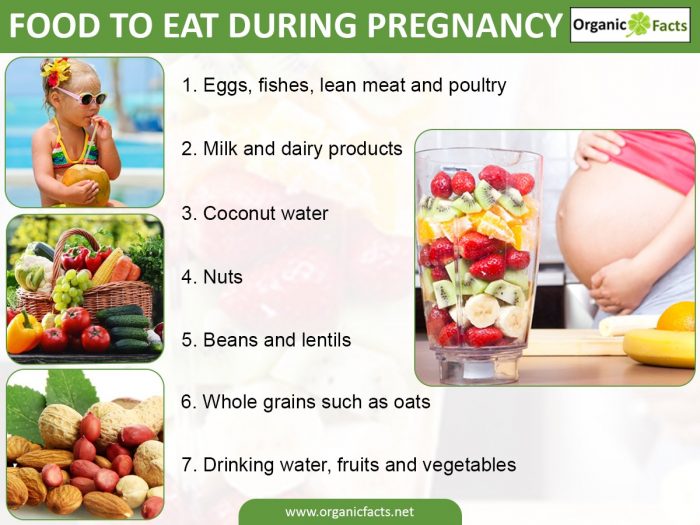Healthy Food Habits During Pregnancy
Healthy Food Habits During Pregnancy
Eating for Two
Pregnancy is a most beautiful and rewarding time for a woman and her family. During this time, the expectant mother requires extra nutrition to ensure the healthy growth and development of her baby. Eating the right and healthy food is essential for the mother’s health and the baby’s development. Therefore, eating for two is essential. A pregnant woman should include a variety of foods from all the food groups in her diet to ensure she gets all the nutrients she and the baby need. Eating healthy not only helps the mother to stay healthy but also helps the baby to grow and develop properly.
Nutrients and Foods
Some of the essential nutrients a pregnant woman needs to consume include protein, calcium, iron, zinc, folic acid and omega-3 fatty acids. Protein is important for growth and development of the baby's cells and tissue. Calcium is vital for the growth and development of the baby's bones, teeth and muscles. Iron helps to form red blood cells in the baby and also helps to prevent anemia in the mother. Zinc helps to develop the baby's nervous system and immune system. Folic acid helps to prevent neural tube defects and other birth defects in the baby. Omega-3 fatty acids are important for the development of the baby's brain and eyes.
Foods to Include in a Pregnant Woman's Diet
A pregnant woman should include foods such as lean meats, fish, eggs, legumes, dairy products, nuts, seeds, dark green leafy vegetables, whole grains, fruits, and fortified cereals in her diet. Lean meats such as chicken, turkey and lean beef provide protein, iron and zinc. Fish such as salmon, tuna and sardines are rich in omega-3 fatty acids and protein. Eggs are a good source of protein and choline, which is important for the baby's brain development. Legumes such as beans, peas and lentils are a good source of protein and fiber. Dairy products such as milk, yogurt, and cheese are a good source of calcium and protein. Nuts and seeds are a good source of healthy fats, protein, zinc and iron. Dark green leafy vegetables such as spinach, kale, and broccoli are a good source of folate, iron, and vitamin A. Whole grains such as oats, quinoa, and brown rice are a good source of fiber, iron, and B vitamins. Fruits are a good source of vitamins, minerals, and fiber. Fortified cereals are a good source of fiber, iron, and folic acid.
Foods to Avoid During Pregnancy
Pregnant women should avoid certain foods such as unpasteurized dairy products, raw or undercooked eggs, raw or undercooked meat, fish with high levels of mercury, and certain types of fish such as swordfish and shark. Pregnant women should also avoid caffeine, alcohol, and processed foods. Caffeine can lead to an increased risk of miscarriage and preterm labor. Alcohol can cause serious birth defects and developmental delays in the baby. Processed foods are high in sodium, sugar, and unhealthy fats and should be avoided.
Conclusion
Eating healthy is essential for the mother’s health and the baby’s development. A pregnant woman should include a variety of foods from all the food groups in her diet to ensure she gets all the nutrients she and the baby need. Eating healthy not only helps the mother to stay healthy but also helps the baby to grow and develop properly. Pregnant women should avoid certain foods such as unpasteurized dairy products, raw or undercooked eggs, raw or undercooked meat, fish with high levels of mercury, and certain types of fish such as swordfish and shark. Pregnant women should also avoid caffeine, alcohol, and processed foods.
How to Eat During Pregnancy, Pregnancy Diet | Health Life Media
Pregnancy Diet and Nutrition - Words Wagon

Healthy Eating When Pregnant For Healthy Weight Gain

A Healthy Pregnancy Diet: What To Eat When You're Expecting!

Food During Pregnancy | Healthy Pregnancy Diet | Pregnancy Diet

Healthy Eating During Pregnancy – Family Kickstart Georgia

7 Important Foods to Eat During Pregnancy | Organic Facts

Top 10 Healthy Foods For Pregnant Women | Food for pregnant women, Top

Food to Consume during Pregnancy: Nutrient Content & its Benefits

Foods Pregnant Women Can Eat - Tips For A Great Pregnancy - Fortricks
